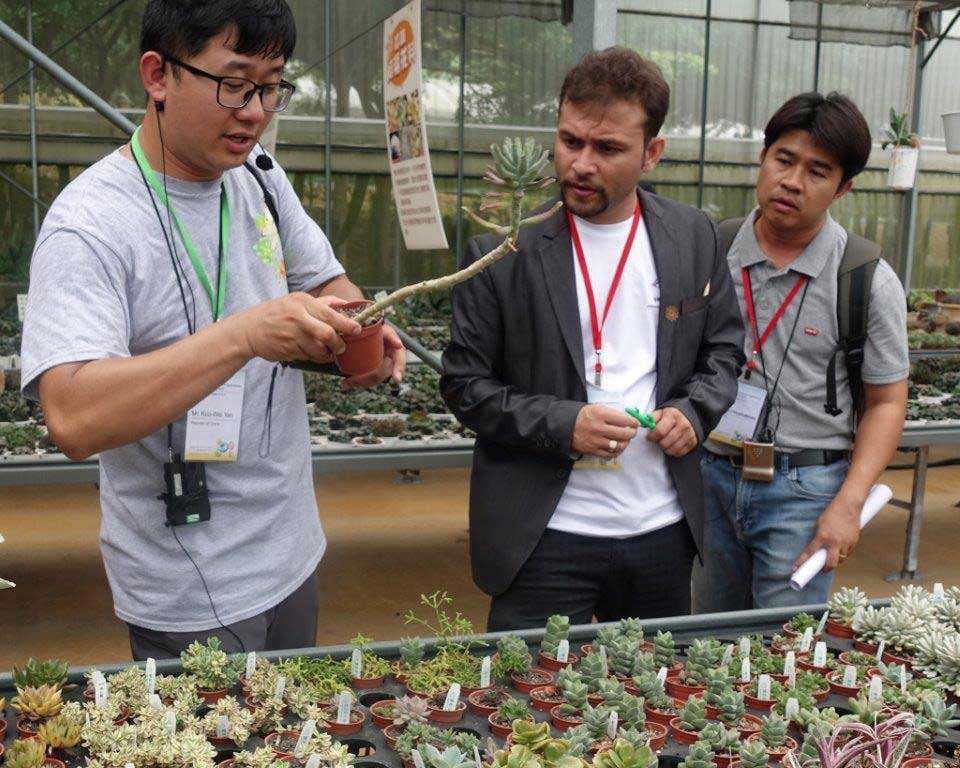
Select Page
 Agriculture has become more digitized and scaled up as Industry 4.0 progresses. Processes along agricultural supply chains from production to sales have become hyperconnected, allowing innovation and entrepreneurialization. This provides tremendous opportunities to millenials who are “digital natives,” as demand for technology-based positions such as agricultural operational managers and engineers is expected to increase. While some economies struggle with massive migration of rural youth to urban areas, in others many young entrepreneurs are jumping into agricultural and food startups by taking advantage of new technologies for rural and urban farming.
Agriculture has become more digitized and scaled up as Industry 4.0 progresses. Processes along agricultural supply chains from production to sales have become hyperconnected, allowing innovation and entrepreneurialization. This provides tremendous opportunities to millenials who are “digital natives,” as demand for technology-based positions such as agricultural operational managers and engineers is expected to increase. While some economies struggle with massive migration of rural youth to urban areas, in others many young entrepreneurs are jumping into agricultural and food startups by taking advantage of new technologies for rural and urban farming.
To promote discussion on innovations in agribusiness which create a attractive environment for the young, digital-savvy generation, the Asian Productivity Organization (APO) in cooperation with the China Productivity Center (CPC) and Council of Agriculture (COA), Executive Yuan, of the ROC offered a workshop on Innovations in Agribusiness for Young Entrepreneurs. It was held 1–5 July 2019 in Taipei, with 29 participants from 12 APO members; seven represented the Asia-Pacific Association of Agricultural Research Institutions (APAARI) who attended with the support of the COA and APAARI.
The workshop was guided by three international resource persons and three local ones: Dr. Wynand Bodewes, Associate Professor of Entrepreneurship, Maastricht School of Management, the Netherlands; Senior Consultant Jun Chanoki, 5 Plus 2 Corporation, Ltd., Japan; Dr. Karl Behrendt, Professor, Elizabeth Creak Chair in Agri-Tech, Harper Adams University, UK; CEO Alice Hsieh, Niyu Life International Co., Ltd., ROC; Cheng-Ray Yang, Department of Farmers’ Service, COA, ROC; and Manager Ya-Yin Yang, Julia Floratech Co., Ltd., ROC. After welcome addresses by Director General Dr. Chung-Hsiu Hung of the Department of International Affairs, COA, and Executive Secretary Dr. Ravi Khetarpal of the APAARI, the resource persons spoke on a variety of topics relevant to innovative options in today’s agribusiness sectors in APO members to attract young entrepreneurs. Coverage included new business models, procuring financing for agrientreprenerial startups, overview of policies on youth in agribusiness, alternative food resources, and examples of support offered to young entrepreneurs by the COA.
All involved in the workshop commented on the extremely high level of engagement of participants; teamwork among the speakers, organizers, and APO Secretariat staff; and enthusiasm during discussions. Resource person Chanoki, who has a 15-year association with APO projects, stated that, “This was the best workshop I’ve seen.” Those were all signs pointing to positive entrepreneurial outcomes once participants transplant the learning points into their own environments.
The two site visits provided additional food for thought. At FuHsiang Cactus Garden, the manager made a presentation on its brand and business model introduction and applications of its innovative agritech management system. New Farmers’ Market, operated by the Xinpu Town Farmers’ Association, provided an opportunity to observe community-based agribusinesses on action.